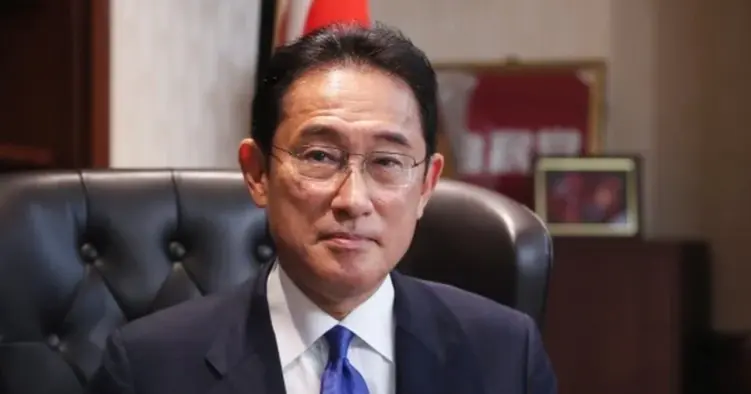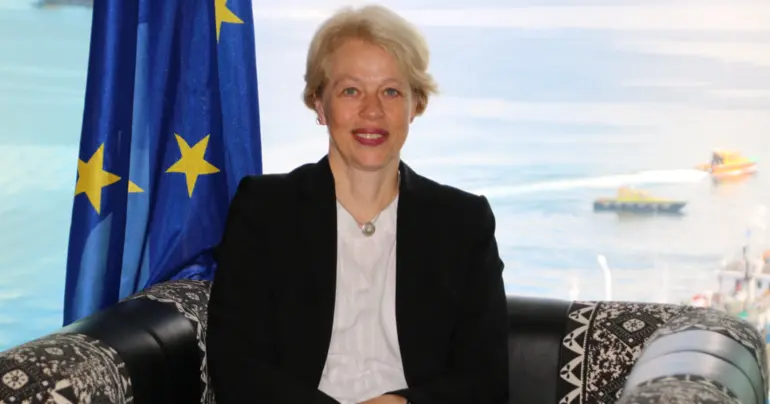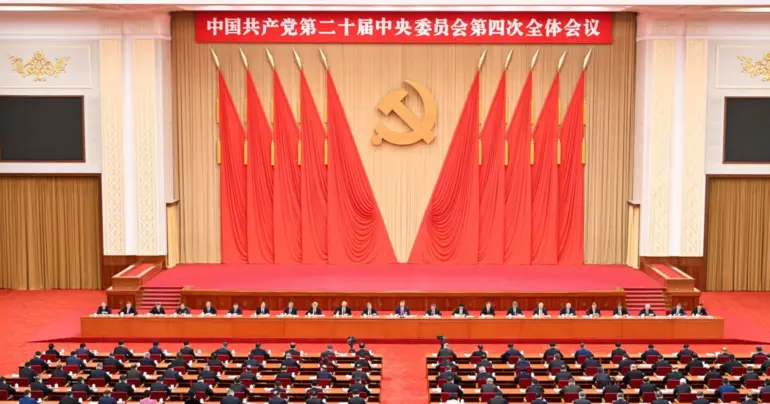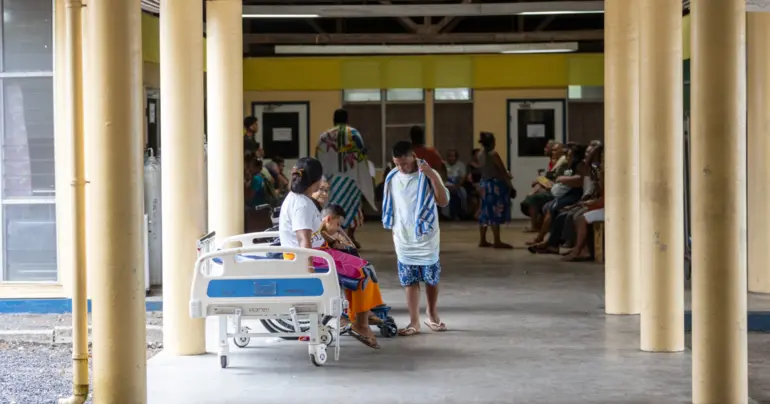The Yazidi still wait for justice
Yazidis in Australia and around the world have been on a ten-year quest for justice for the crimes perpetrated against them, victims of an ISIS genocide in Iraq and Syria.
Nadia Murad, 21 years old when ISIS overran her village in Iraq and sold into sexual slavery before escaping, was awarded a Nobel Peace Prize in 2018 for her advocacy for survivors of conflict-related sexual violence. But this recognition only underscores the need for justice as a test for the international community. Since 2000, the UN Security Council has passed ten resolutions on the Women, Peace and Security agenda that require member states to account for women and girls' experiences of conflict and to end impunity for sexual violence in war.
When sexual violence is perpetrated as part of an armed conflict, it is a war crime. When that violence is widespread or systemic, it is a crime against humanity. When it is used to destroy, in whole or in part, an ethnic, racial or religious group, it is genocide.
Sexual violence was integral to ISIS’ genocide of the Yazidis. ISIS had a dedicated infrastructure for the kidnapping, trafficking, sale and resale of Yazidi women and girls for the purposes of sexual slavery. According to my research, sexual slavery could have brought as much as US$111 million to the economy of ISIS during the period they controlled geographic territory and afterwards as a result of failed international efforts to free thousands of Yazidi women from captivity.
The challenge of justice extends to Australia. Media reporting has highlighted Australian perpetrators of conflict-related sexual violence against Yazidi women.
War crimes, crimes against humanity and genocide, including through the use of sexual violence, are criminalised under Division 268 of the Commonwealth Criminal Code of Australia, with offences attracting sentences of 25 years to life, depending on the particulars of the charge. But these laws have never been tested in an Australian criminal court.
More than 200 Australians travelled to Syria and Iraq to join ISIS. They were among the 30,000 or more foreign fighters from 89 countries who made the journey. Many of those foreign fighters came from countries, like Australia, that are state party to the Rome Statute of the International Criminal Court, requiring them in their own systems to investigate and prosecute war crimes, crimes against humanity and genocide.
Both houses of the Australian parliament passed multi-party motions recognising the Yazidi genocide and calling for the investigation and prosecution of Australians who perpetrated these crimes. The National Action Plan on Women, Peace and Security 2021–31 also obliges a whole-of-government response from departments such as Home Affairs, national security agencies and the Federal Police to support the investigation and prosecution of these crimes.
But other policies and practices get in the way of justice for the victims of these crimes. Investigations require funding and staff allocations at the Australian Federal Police level. They require political will. But successive governments have also tried to wash their hands of these criminals by revoking their citizenship.
The Yazidi community in Australia has continued to make it clear they want justice for the crimes perpetrated against them. At recent workshops with the community in the New South Wales regional city of Wagga Wagga, no consensus could be reached on the issue of revoking the citizenship of Australians who had fought with ISIS. But the overwhelming majority of the community wanted Australian suspects prosecuted in Australia. The reasoning was multi-layered.
First, Australian perpetrators should be the responsibility of the Australian justice and correctional system. Second, Yazidis continue to face significant prejudice in the bureaucratic and judicial system in Iraq, and as such do not feel confident in finding justice there. Third, the Yazidi community thought keeping the perpetrators in Australia, with the work of Australia’s protective security agencies, would provide better outcomes for international peace and security.
There are several international organisations that have been gathering and storing evidence of the crimes perpetrated against the Yazidis. Many of Australia’s foreign fighters may be dead, but not all. Yazidi survivors deserve justice for what they suffered. The Australian government must ensure investigations and prosecutions proceed. Justice delayed is justice denied.
This article was first published on Lowy Institute’s blog site The Interpreter. Susan Hutchinson is a civil-military professional with experience in government, military and non-government organisations. She is currently a PhD scholar at the Australian National University. Susan is the architect of the Prosecute; don’t perpetrate campaign calling for the investigation and prosecution of war crimes, crimes against humanity, and genocide perpetrated by Islamic State.











